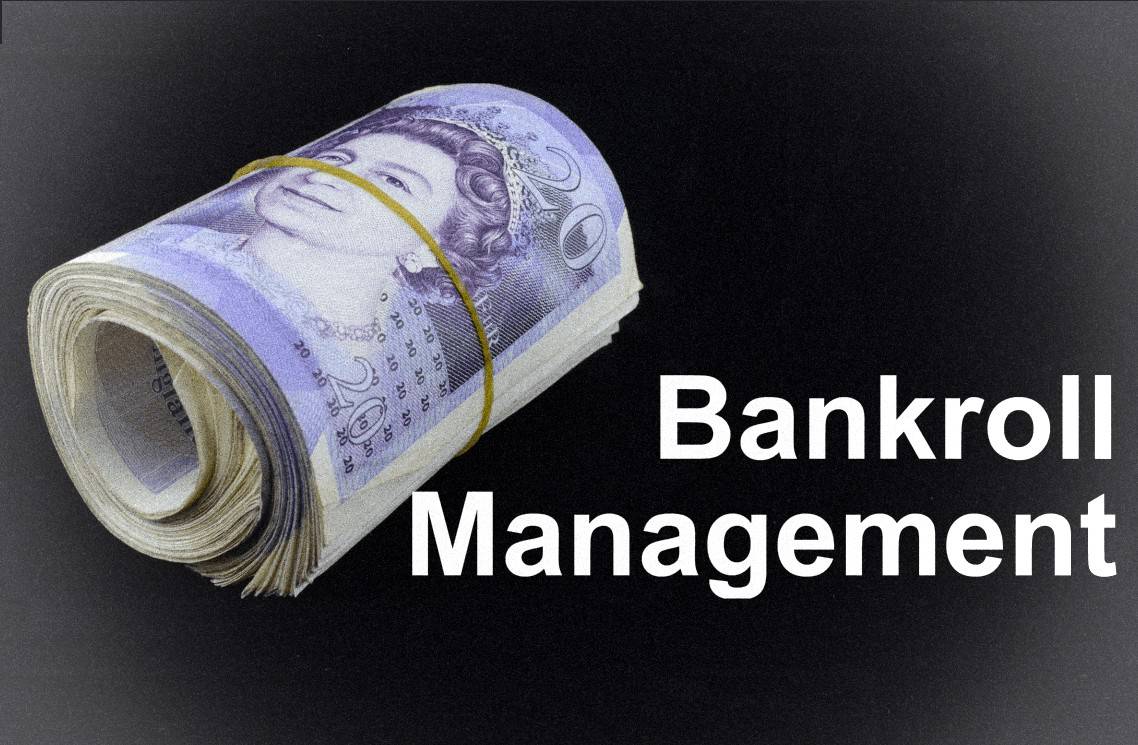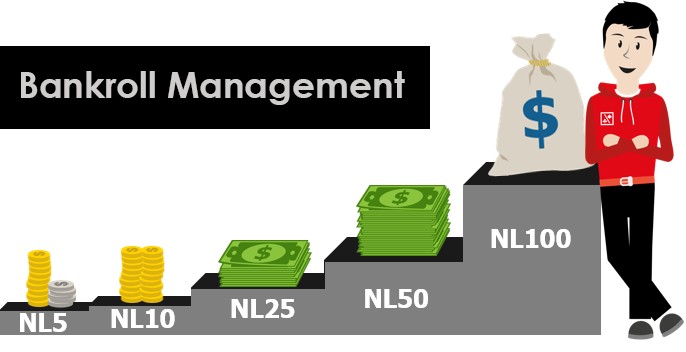
How to use poker skills in real life?
Let’s talk about bankroll management. As 99% of all poker instructional books or training resources say, proper bankroll management is an essential aspect of your poker success. In fact, if you don’t have enough money to play, you will sooner or later be hit with such a hard downswing that you will lose everything you have. It doesn’t matter if you are a novice poker player or a seasoned professional with 20 years of experience. No one is safe from a bad series.
The main problem here is that many of the tips that deal with bankroll management are oversimplified. Players need to know the necessary amount of money to play on this or that limit, and they find their answers in numerous tables and formulas on the expanses of the Internet. However, most of such formulas do not include two most important criteria simultaneously: statistical win rate and variance.
When you know your exact win rate for a particular limit, it means that you have probably already played a huge number of hands on it. This means that either you are playing above expectations and you cannot rely on your win rate, or your bankroll is sufficient for that particular limit. Overall, the paradox is that quantitative approaches in calculations will give you the exact answer when you don’t need it.

What about bankroll management in real life?
In real life, it’s simpler and tougher: your bankroll is all the money you have, including loans, credit cards, and anyone you know who’s willing to give you support in times of need.
But estimating sources and degrees of variance in real life is a bit more difficult than in poker, because we can’t follow any rules or probabilities like we do in the same card game. You can, for example, estimate the amount of money you have to spend in a year on unexpected expenses (car repairs, dental care), but you can’t predict everything that can happen to you in a whole year! The same probability of losing your job, after all, no one cancelled.
It’s reasonable to ask: What does poker teach us about variance and bankroll management? In poker, as we understand it, the effect of variance is clear, but it is difficult to determine an effective bankroll. In real life, it’s the opposite – we have a specific bankroll, but it’s extremely difficult to determine variance. Let’s agree that the formula for calculating bankroll for this or that limit in poker is unlikely to help you in real life, but on the other hand, all these formulas, as we have already seen, are not so useful in the game. Nevertheless, our main friend in determining the right approach can be our intuition, which we need to develop in order to constantly distance ourselves from the probability of ruin in poker. This same intuition will serve you well in real life as well.
Is the worst downswing ahead?
No matter how many hands you play (even if it’s 2 million), there’s always the prospect of catching a hard downswing that’s worse than anything you’ve ever experienced.
This is not pessimism at all, just the simplest mathematical truth. Let’s imagine that we flip a coin an n-number of times. The longest series of eagles or tails depends on the number of times you flip it. And the more you flip a coin, the less likely the success/failure streak is. The larger your sample becomes with the number of flips, the more likely you are to catch a tougher straight than you were before.
When your pocket aces get run over for the first time, you feel angry and resentful. But as time passes, the player begins to realize that moving his aces is nothing more than another round of variance. The more the poker player plays, the (usually) calmer he perceives another move.
The same can be said for real life. There’s always the possibility of facing a succession of the most serious difficulties in your life in the future (unless you’re over 60). Our subconscious mind works in such a way that when we think about our future, we start from the experiences we already have. Our relationship to hardships such as losing a job, getting a car stolen, or the death of a loved one will very much depend on whether we have had similar experiences in the past.
When we try to estimate how much money we have enough for a rainy day, we also look back on past experiences. But in order to protect yourself, it’s better to multiply the amount you’ve come up with-it’s worth keeping in mind other factors and the fact that your worst downswing may be waiting for you somewhere in the future. And the younger you are, the higher that multiplier should be.
Moving Forward Slowly
Often poker players make the mistake of going higher limit with insufficient bankroll. They promise themselves that if they fail to play well at higher stakes, they will return to their working limit immediately. Sounds good, but in practice it is easier to go higher than to make a comeback. This is why these sorties often end badly for many players.
The same happens in life, but here the reasons are somewhat different. The main enemy of a poker player is ego. After all, everyone wants to believe that he can move to a new limit and start tearing it up. There is a psychological phenomenon in life called “hedonic adaptation”. Simply put, if you are used to some pleasurable things, you will stop noticing them. Exactly until you lose them.
There is a widespread opinion that money can’t buy happiness. It is not quite correct. A luxurious lifestyle can temporarily make us happy. People quickly get used to all the good things, so after a while, luxury is no longer fun. But once they are taken away, you feel the loss more acutely than when you were happy with them.
The longer the amount of time we have something that we take for granted, the more painful it is to let it go. A better quality of life needs to be supported with a lot more money, but it won’t make us feel happy for very long. And what’s more, if we realize in the future that we can’t keep buying things for ourselves, and we have to give them up, the overall effect of these things can have zero or even a negative effect on our lives.
The moral of this fable is this: always try to live a better life while you can afford it, but be quick to give things up when a succession of failures comes along.
